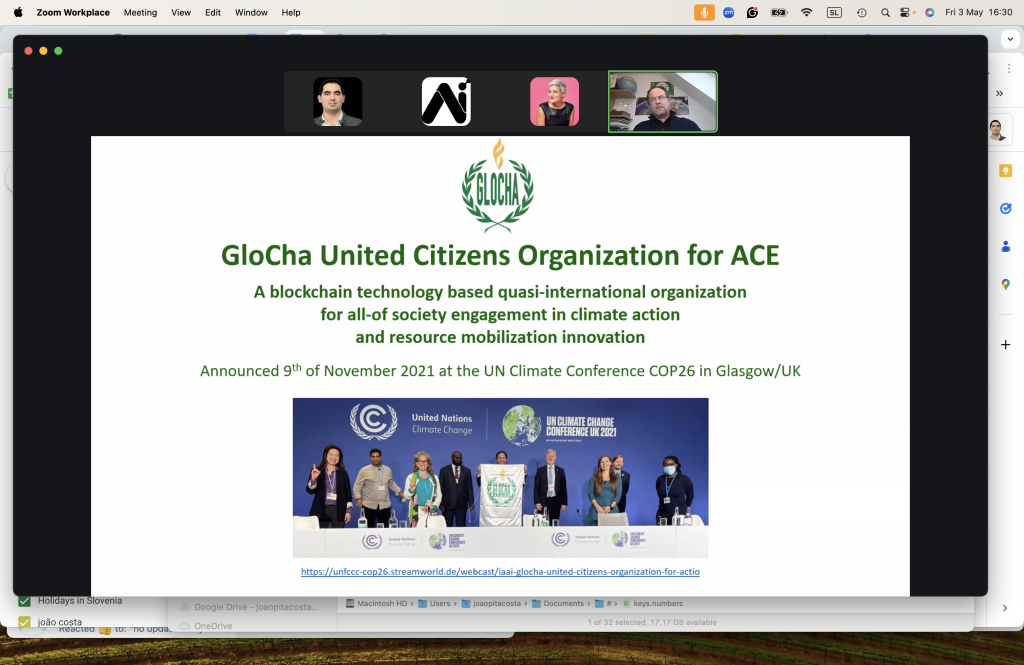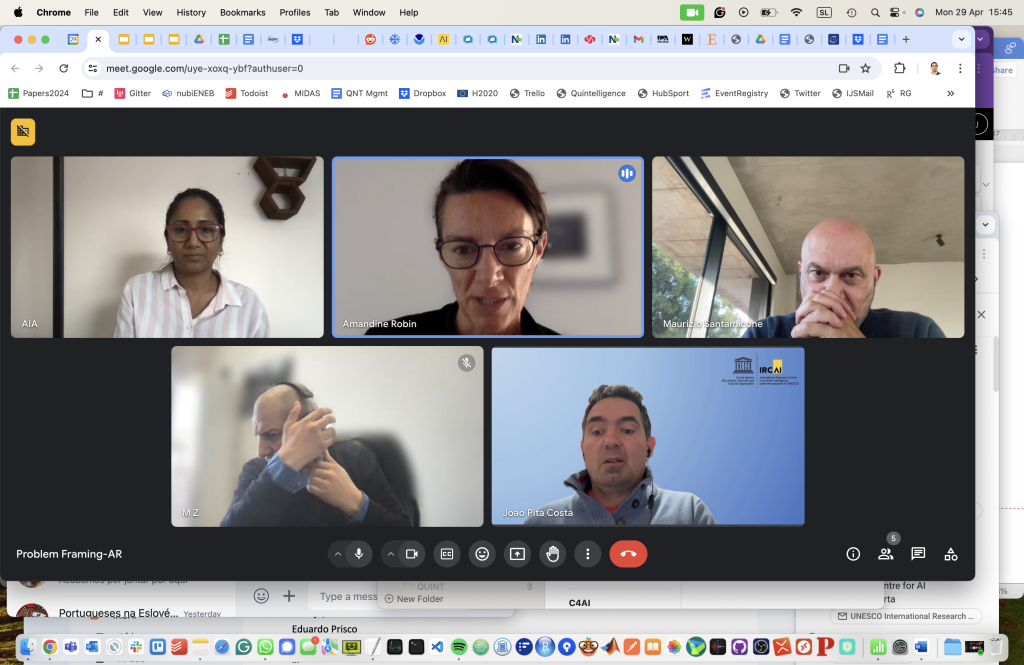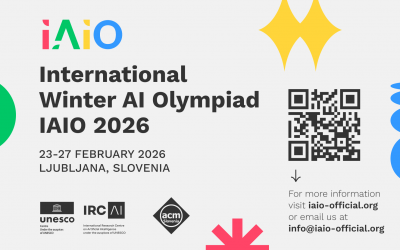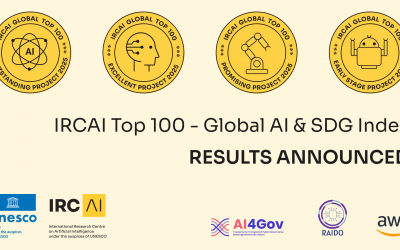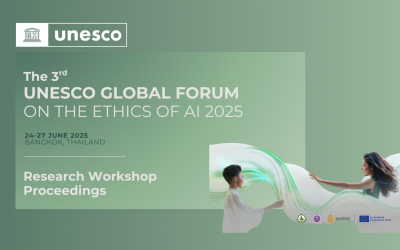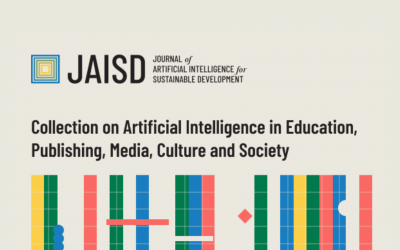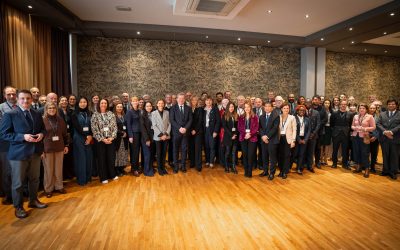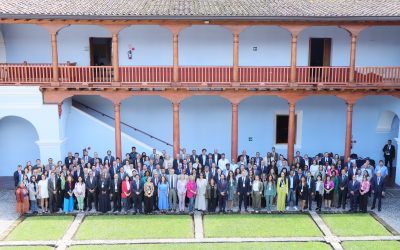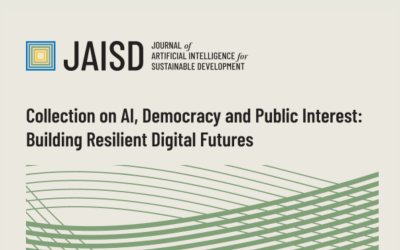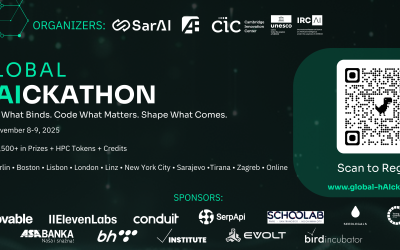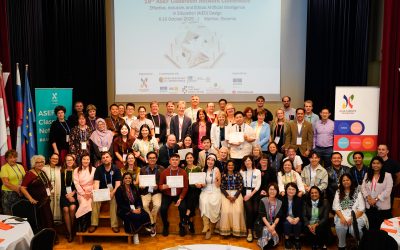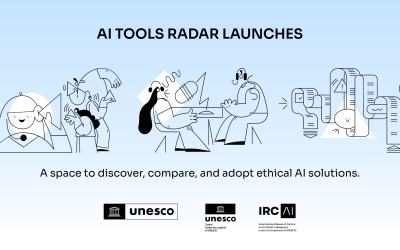The International Research Centre on Artificial Intelligence (IRCAI), under the auspices of UNESCO, is proud to announce its partnership in the newly launched AI 4 Water Sustainability Challenge. This groundbreaking initiative seeks to harness artificial intelligence (AI) to create innovative solutions addressing critical water sustainability issues, aligned with several of the UN’s Sustainable Development Goals.
The launch, held at the prestigious AI Movement headquarters at UM6P – Mohammed VI Polytechnic University in Rabat, marked a pivotal moment in global efforts to combat water scarcity. With Africa facing increasing water challenges, this initiative is timely and crucial. Morocco, like many other African nations, faces significant water resource limitations compounded by climate change.
During the event, distinguished speakers, including Professor Amal El Fallah Seghrouchni and John Shawe-Taylor, Director of IRCAI, highlighted the transformative potential of AI in tackling societal challenges such as water scarcity. They emphasized the importance of inclusivity in technological advancements. Dr. Gerald A. Corzo and Armin Ibrišimović also provided insights into the application of AI in water management and the commitment of UNESCO to support science-driven solutions for sustainability in the Maghreb region.
The 5-week AI 4 Water Challenge invites teams to innovate in areas such as smart water management, early flood detection using social media data, and identification of trends for improved water resource planning. It includes a mentorship programme on AI-related topics such as NLP, LLMs and data visualisation, but also with training on problem framing and design thinking that are essential to the good communication of the innovation developed.
The programme will also include a selection of guest speakers that are international experts related to the topic of water sustainability such as: Ignacio Casals, responsible for innovation at the spanish Aguas de Alicante; Mirozlav Polzer, youth leader at GloCha and Climate Change Coalition; and Matjaž Mikoš, UNESCO chair on Water-related disasters. The challenge will culminate in a final presentation on May 31st at GITEX Africa in Marrakesh, where prototypes will be evaluated based on their development, data integration, AI implementation, potential impact, innovation, and pitch.
IRCAI is excited to co-organize this initiative alongside AI in Africa, GITEX Africa, AI Movement, and Maison de l’Intelligence Artificielle. This collaboration underscores our commitment to leveraging AI for sustainable development and showcases the potential of AI to address some of the most pressing global challenges.

